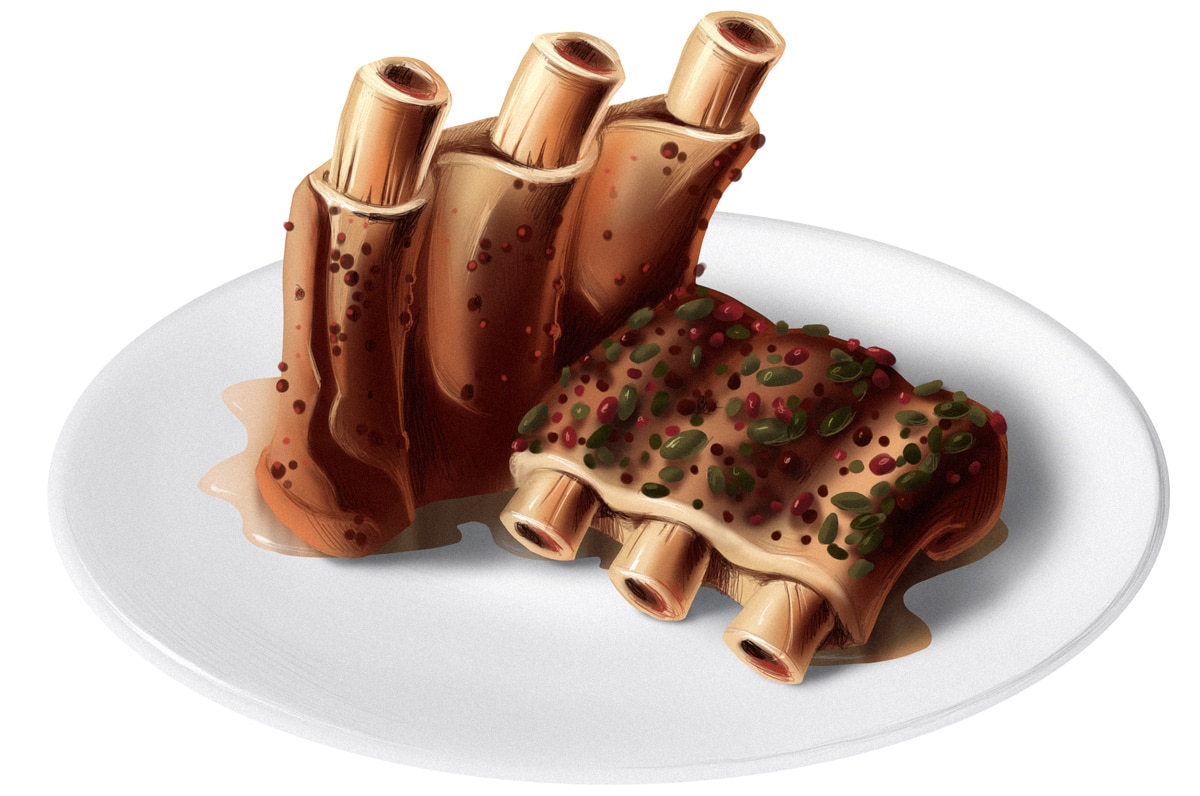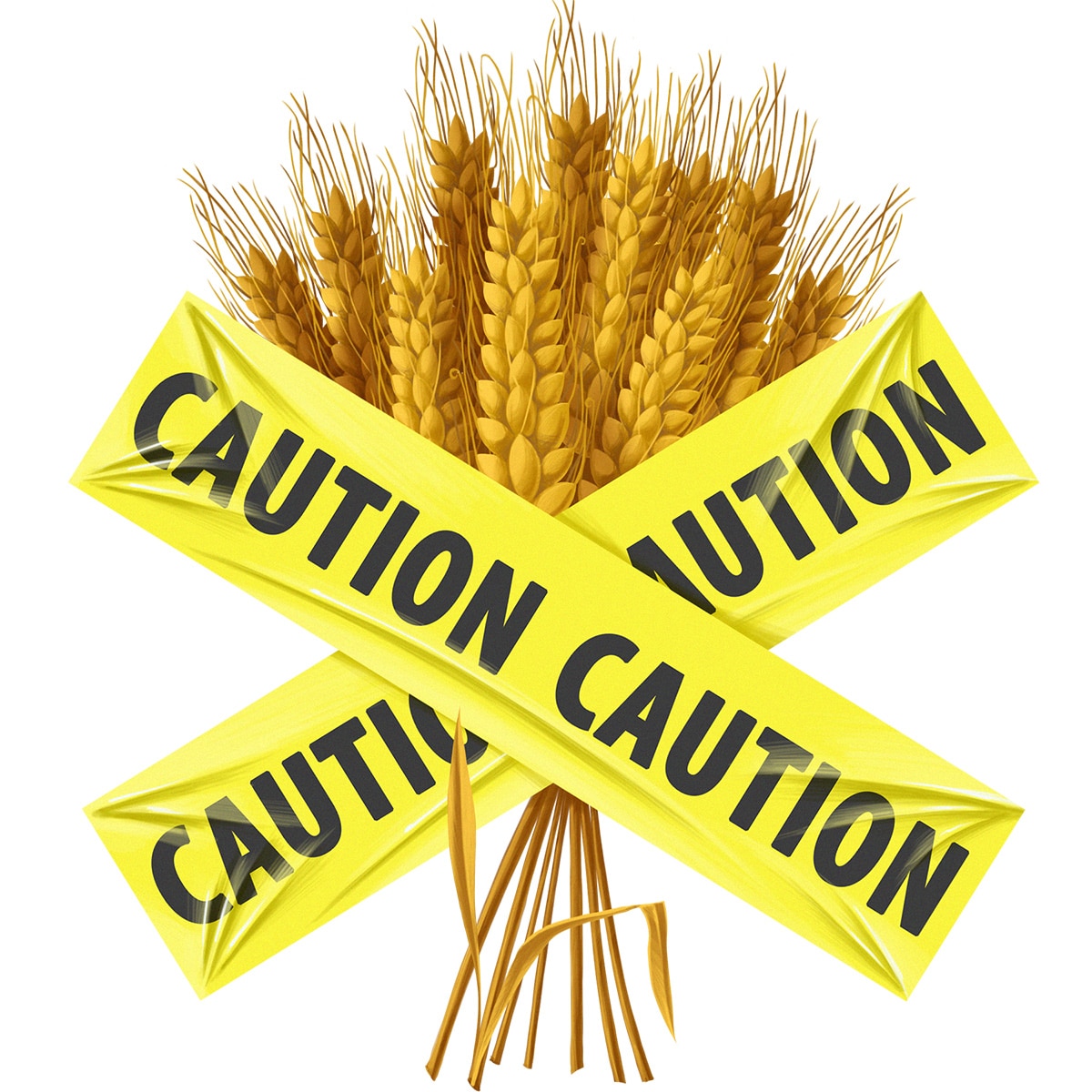Why do people make choices that they know aren’t aligned with their long-term goals?
Most people who care about health would agree that going to the gym is a higher priority than watching TV reruns. So why is it so hard to actually turn off the TV and head off to the gym when the time comes?
Most people who care about their diet would agree that their health goals are a higher priority than the momentary desire to eat a donut just because it happens to be in the office. So why do so many people wind up eating the donut?
Try thinking about it mathematically. When you’re debating whether or not to do something, you’re feeling a pressure to act from two sides (or maybe more, but we’ll stick with two for simplicity’s sake). Whichever side has the higher pressure to act, that’s what you end up doing. If you were trying to express “pressure to act” in a mathematical equation, it might look something like this:
Pressure to act = (how much you really want the thing) x (how immediate and strong the stimulus to do the thing is)
Even something that isn’t very important deep down (like a cookie) could provide a very strong pressure to act if the stimulus is immediate and strong (like the warm scent of brown sugar and chocolate chips gently wafting over from the oven, the sight of your friend across the table closing his eyes in pleasure as he takes a perfect bite full of soft dough and melting chocolate…is your mouth watering yet?).
This is why people often cave to junk food while they’re in a bakery or a candy store. If you took the person out of the bakery and asked them to write down their priorities, “health” would beat “cookies” every time. But when it comes down to taking action, the cookie wins, because the cookie is right there. The stimulus is very immediate and it’s hitting all their senses at once. Meanwhile, “health” is an abstract goal that wasn’t very immediately compelling, so it fades into the background.
It’s Hard to Eat Well if you Live in a Bakery

One of the big hurdles to making healthy habit changes is that very immediate and compelling stimuli encouraging you to do unhealthy things are everywhere, but stimuli encouraging you to reach your goals are few and hard to come by. Pressure to make unhealthy choices comes from other people (“Just one cookie won’t kill you; stop being such a killjoy” – as they wave it in your face). It comes from food advertising promising that sugar water will make you happy and popular. And it comes from the constant presence of junk everywhere you go, especially when that junk is all beautifully-arranged and the smells are drifting up to you (think about the pastry case at Starbucks).
Being surrounded by junk food and its advertising means that we’re all essentially living in a bakery, all the time, constantly trying to resist that cookie. Is it any wonder that sometimes the temptation of the cookie wins even though we know it’s not the thing we really want? It’s hard to stay focused on your real goals when you’re constantly being pushed in exactly the opposite direction by all the media around you.
You might think you’re not influenced by ads and other stimuli and you just “tune them out” – that’s what most people think. But it’s not true. Junk food advertising encourages people to eat more (although not necessarily of that particular brand – it just makes you hungry), and “exercise advertising” encourages them to eat less.
Balancing the Pressure to Act
What to do? You can’t remove yourself from all the stimuli pushing you towards unhealthy behaviors – you’d have to quit your job and go live in the woods. But you can fight back by proactively giving yourself reminders and motivation to make healthy choices – basically fighting back against the junk food industry with its own weapons. Their stimuli are immediate and compelling – so make yours immediate and compelling, too.
You can do this very effectively with point-of-action reminders: find a way to remind yourself of your real goals at the time when you have to take action. You’re basically increasing the pressure to act on your long-term goals by making them more immediate and visible.
Imagine what would happen if every bin of candy featured a picture of you at your goal weight, with a reminder that eating a handful of pure sugar isn’t going to help you meet your goals. What if every delicious-looking cookie came with a personalized reminder of exactly how bad your stomach would feel an hour after eating it? What if every can of Coke featured a sticker showing your blood sugar levels after drinking it, and a suggestion that unsweetened iced tea might be a better choice?
All these things are things you already know. None of this information is new. But it can help a lot to make it more immediate, just to put “my health is important” on an even footing, psychologically, with “this cookie smells good.” It’s the same idea as putting disgusting pictures of cancerous lungs on cigarette packages (which, by the way, works much better than text labels): everyone already knows that cigarettes will kill you, but to compete with the immediate desire for a smoke, our lizard brains need something more vivid.
Give me a Break! Sometimes I Want a $%^&* Cookie!
That’s fine. There’s absolutely a place for occasional cookies in the world. If you’ve made a thoughtful decision that having a cookie right now fits into your (psychological and physical) health goals, then being reminded of your goals while you buy it shouldn’t cause you any guilt. These reminders are about avoiding impulse decisions that you didn’t even really want to make; they’re not about guilt-tripping yourself into an unrealistic standard of perfection.
But I Can’t Label Everything in the Store!

But wait, you say, it’s impossible to go around to all the stores you might enter and be tempted to buy something unhealthy, and ask them to post digitally-altered photos of you with goal reminders over every unhealthy food!
Well, yes. But you can easily find ways to make those reminders available to yourself when it comes down to crunch time – here’s how.
- Stick them on your credit card or in your wallet. If you only keep Paleo food in the house, getting junk food requires going to the store to buy it. That means you’re going to have to pull out your wallet. If you stick a reminder of your goals on your wallet, you’ll always see it when you’re making decisions about what food to eat.
- Set up reminder texts or emails for yourself. If you know in advance when you’ll be tempted, all kinds of programs and apps let you schedule texts, emails, and prerecorded messages to yourself. (None of the following are affiliate links) If you have Gmail, you can use Boomerang. For texts, here’s an app for iPhone, and here’s one for Android.
- If you have to have junk food in the house, stick the reminders there. Got a “junk food” drawer for your partner or kids? Or are you temporarily hosting someone else’s food? Slap a label on it.
- You can also use it for decisions that have nothing to do with food. If you struggle with getting to the gym, put reminders on your gym gear. If you can never quite find the energy to wash the dishes, stick a label on whatever you sit down to do instead reminding yourself that you’ll feel much better about whatever-it-is when you’re also basking in the virtuous glow of having all your chores finished.
Once you’ve got the point-of-action concept down, implementing it is pretty simple.
And now, the fun part: a printable list of inspirational and motivational reminders that you can quickly cut out and slap on whatever makes sense for you. Some of them run towards the gentle nudges; others run more towards the tough love. Pick whatever motivates you best and try them out!





Leave a Reply